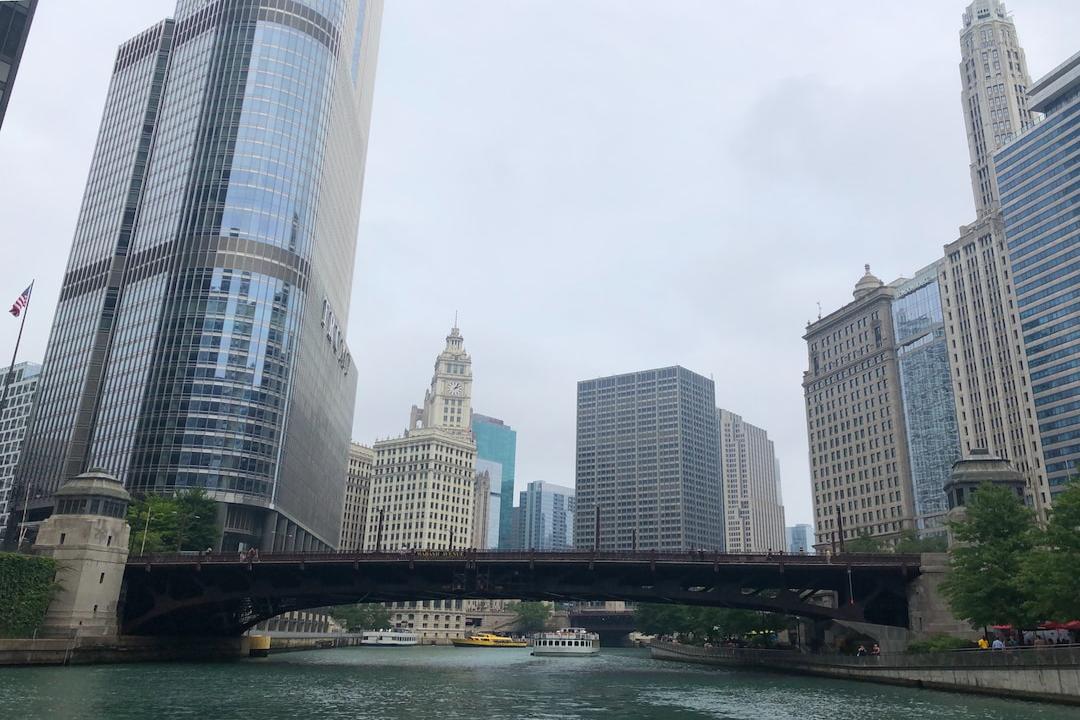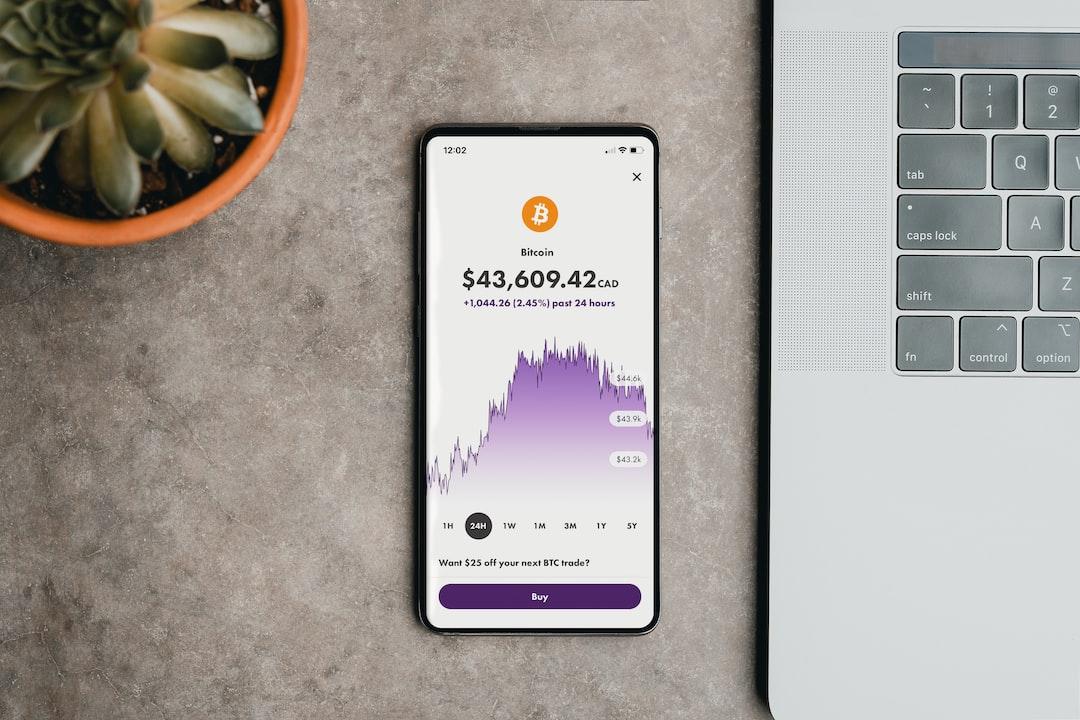
Report: Alleged Ponzi Scheme Involving Over 1,000 Victims and $300,000,000 Uncovered
Wells Fargo Faces Lawsuit for Allegedly Allowing $300 Million Ponzi Scheme
Wells Fargo, one of the largest banks in the United States, is facing a new lawsuit that accuses the bank of turning a blind eye to a massive Ponzi scheme worth $300 million. The plaintiffs in the lawsuit have levied charges of unjust enrichment, negligence, aiding and abetting fraud, and breaching fiduciary duties against the bank.
According to a report by the Sun Sentinel, the lawsuit stems from a complaint filed by the Florida Office of Financial Regulation (OFR) against insurance company Seeman Holtz. The OFR alleged that Seeman Holtz violated securities laws by selling unregistered securities through the issuance of $300 million in promissory notes that were supposedly backed by life settlement policies.
However, it is claimed that Seeman Holtz used the funds from new investors to pay off older investors, creating an illusion of profitability. During this time, Seeman Holtz established accounts at Wells Fargo to hold the funds from both new and old investors.
The lawsuit alleges that Wells Fargo allowed Seeman Holtz to divert money from new investor accounts to accounts specifically created to hold old investor funds. The plaintiffs argue that Wells Fargo was fully aware of the Ponzi scheme and the extensive fraud taking place because the bank monitored “both sides of the scheme.”
The Ponzi scheme reportedly victimized over 1,000 individuals, including seniors and investors who lost their entire life savings after being promised annual returns of up to 18%. The lawsuit states, “Most of the investors in the notes have lost their entire investment which, in some instances, was their life’s savings. Many of the investors have no other income, subsist almost exclusively off Social Security benefits, and are now struggling desperately to find the means to sustain their livelihood.”
The plaintiffs are seeking for Wells Fargo to return all income and fees received from the accounts involved in the scheme, in addition to interest and other costs. As of now, Wells Fargo has not responded to the lawsuit and has refrained from making any comments.
It is important to note that the opinions expressed in this article are not investment advice, and investors should conduct their own research before engaging in high-risk investments. The Daily Hodl, where this article originally appeared, does not endorse the buying or selling of cryptocurrencies or digital assets, nor is it an investment advisor.











